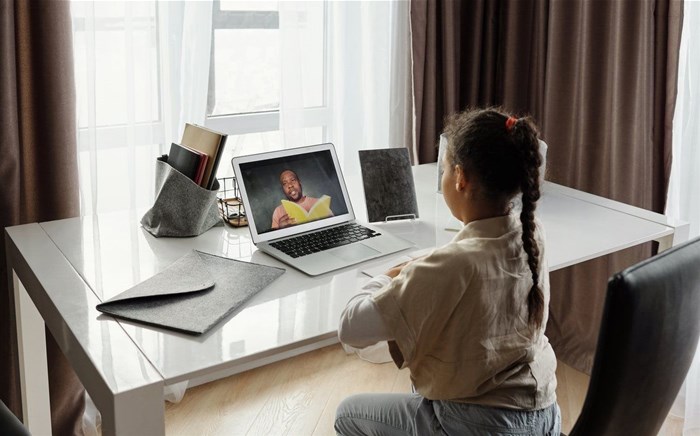54% of SA families had to source extra devices for remote learning - survey

To provide all their children with the devices they needed for online classes, more than half of families in South Africa (54%) with two or more children had to buy or rent additional devices. Interestingly, 70% of children in South Africa used smartphones for remote learning.
Additionally, 64% of children experienced technical difficulties connecting to online lessons regularly or periodically. The majority (85%) got help from their parents to get their devices working. However, 10% of students resolved technical issues on their own.
"The mass enforced transition to remote learning brought about difficulties not only in terms of mastering the curriculum, but also technical issues. Many families had to purchase additional devices or borrow them from friends or the school if it offered this option, as well as install programs and regularly solve internet issues. This proved difficult for parents and children alike. But I'd like to hope that the experience gained from deep immersion in the online world will help us take a fresh look at the traditional offline learning format and use more effective digital tools," comments Andrey Sidenko, head of Kaspersky's Online Child Safety Department.
To keep up with lessons, a lot of students had to install additional programs on their devices. For example, 46% of students in South Africa started using new video conferencing services, and 37% downloaded interactive simulators and other educational programs. Some parents (17%) found it necessary to start using a security solution.
Programs targeted by cybercriminals
Still the demand for digital tools inevitably increased, the educational sector continues to attract the attention of cybercriminals on the internet. According to Kaspersky research, the most popular lure used to be Zoom. This is not surprising given that Zoom is the most popular platform for virtual meetings, with more than 300 million daily meeting participants. The second most popular was Moodle, followed by Google Meet. The number of users that encountered threats disguised as popular online learning/video conference platforms increased for all but one platform - Google Classroom.
To keep your child safe online, regardless of what they're doing – playing, studying or chatting with friends – Kaspersky offers the Kaspersky Safe Kids solution. It lets parents know exactly how long their child spends online, and also protects them from inappropriate content. In addition, parents can view their child's current location, which can come in very handy if the child comes home from school alone.
* The survey conducted by Toluna research agency at the request of Kaspersky, April - May 2021.